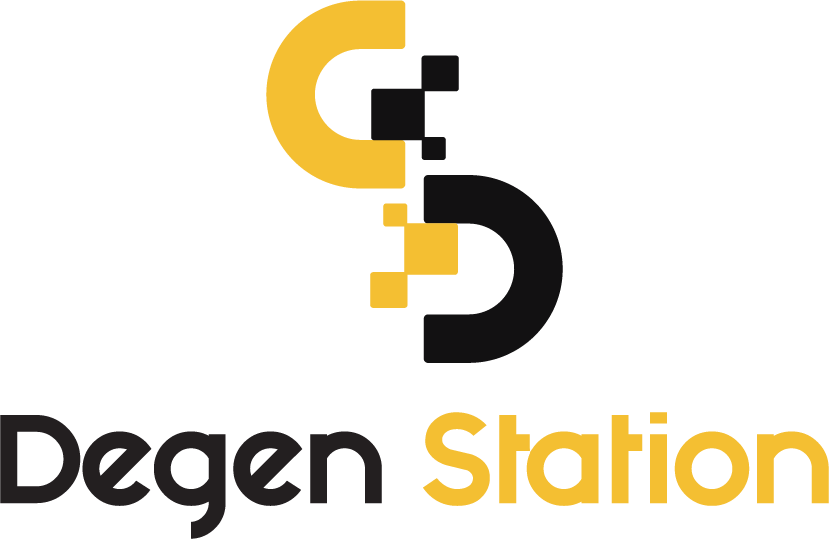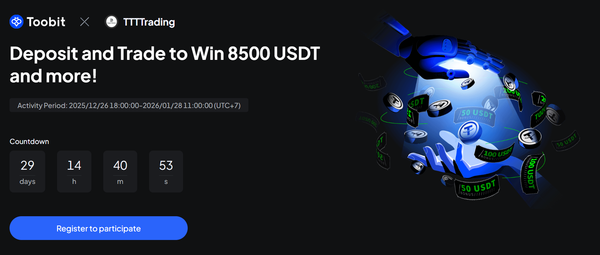The Tornado Cash Domino Effect and the Validator Debate on Ethereum

In the past week, Tornado Cash has become a hot topic in the Ethereum community. However, the recent crackdown by U.S. authorities has unintentionally sparked concerns about deeper control at the infrastructure level of Ethereum.

The Tornado Cash Domino Effect and the Validator Debate on Ethereum
The Tornado Cash Saga
Last week, U.S. authorities announced a ban on addresses that had interacted with Tornado Cash. Subsequently, major crypto projects with significant user bases, such as Circle, Infura, Alchemy, and Aave, took steps to block addresses on the blacklist.
Question for @LidoFinance, @coinbase, @krakenfx, @stakedus, @BitcoinSuisseAG
— Lefteris Karapetsas | Hiring for @rotkiapp (@LefterisJP) August 14, 2022
If regulators ask you to censor at the #ethereum protocol level with your validators will you:
A) Comply and censor at protocol level
B) Shut down the staking service and preserve network integrity https://t.co/UYVR2L6tB1
Read more: Uniswap, Aave, Balancer Block Crypto Wallets that Interacted with Tornado Cash
Not long after, a developer from the Tornado Cash project was even arrested by Dutch authorities for investigation.
The Validator Debate on Ethereum
The discussion began when developer Lefteris questioned staking organizations (Lido, Coinbase, Kraken, etc.) on their actions if U.S. authorities sought to "control" these services. He attached statistics showing the concentration of ETH held by leading liquid staking organizations.
Lefteris proposed two options: A) Comply with protocol-level requirements, or B) Shut down to maintain network integrity.
Question for the Ethereum community. If a majority of stake chooses A in this poll, will you:
— Eric Wall | BIP-420😺 (@ercwl) August 15, 2022
X) Consider the censorship an attack on Ethereum and burn their stake via social consensus
Y) Tolerate the censorship https://t.co/Mf48co37jK
Following this, Eric Wall continued the discussion by asking how the Ethereum community would react if most projects chose to follow U.S. regulations.
Eric's options were: (X) View the control as an attack on Ethereum and burn the staked ETH according to consensus rules, or (Y) Ignore the control measures.
Notably, Ethereum founder Vitalik Buterin responded to the survey, choosing (X) — indicating support for burning staked ETH.
Additionally, Vitalik's 2018 writings were revisited to explore potential solutions if such an incident occurred. Specifically:
“If 51% of validators seek to control blocks, the remaining validators could implement a 99% consensus mechanism to counteract this. If this consensus is achieved, the system would undergo a fork.”
Other Perspectives
To reassure users after recent incidents, Aave clarified that wallet blocking only occurs at the interface level. The organization has integrated TRM’s API to meet OFAC requirements.
3/8 After OFAC’s sanctions decision on Tornado Cash, the team integrated TRM’s API, which screens for and blocks addresses that have interacted with the TC contracts post-sanction. This integration was both critical & urgent.
— Aave Labs (@aave) August 13, 2022
Aave founder Stani.eth also emphasized that misinformation is circulating about the project's actions. Aave has not taken any protocol-level control measures, and there have been no discussions related to this within the DAO.
RPC service provider Pokt also issued a statement regarding its actions related to Tornado Cash.
The project explained that since Pocket Network Inc. (PNI), based in the U.S., is directly connected to Pocket Portal, all operations must comply with regulatory requirements. As a result, Pocket Portal must block addresses related to Tornado Cash to "continue developing and achieving its mission."
It is evident that most projects have only blocked addresses related to Tornado Cash at the application interface level. However, if the issue extends to protocol-level consensus (i.e., DAO votes to implement blacklisting), this could represent a negative turning point for the ecosystem as a whole.





